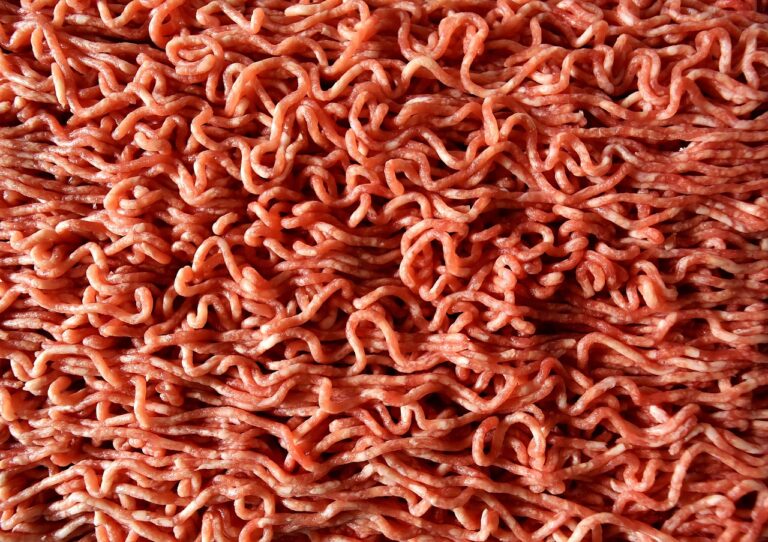Investigating the Health Effects of Food Bisphenols: Allpanel 777, Laserbook247.online, 99exch.in
allpanel 777, laserbook247.online, 99exch.in: Food bisphenols are a group of chemicals commonly used in the production of food packaging materials. These chemicals, including bisphenol A (BPA) and bisphenol S (BPS), are known to leach into food and beverages, leading to concerns about their potential health effects. In recent years, there has been a growing body of research investigating the impact of food bisphenols on human health. In this article, we will delve into the latest findings on this topic and explore the potential risks associated with these chemicals.
Bisphenols are endocrine-disrupting chemicals, meaning they can interfere with the body’s hormonal system. Research has linked exposure to bisphenols with a range of adverse health effects, including reproductive disorders, obesity, diabetes, and cancer. These chemicals have been shown to mimic or disrupt the action of hormones in the body, affecting various physiological processes.
One of the primary concerns surrounding food bisphenols is their potential to disrupt the endocrine system, particularly in vulnerable populations such as fetuses, infants, and children. Studies have found that exposure to bisphenols during critical periods of development can have long-lasting effects on health. For example, prenatal exposure to bisphenols has been associated with altered reproductive function, neurobehavioral problems, and an increased risk of obesity and metabolic disorders later in life.
Another area of concern is the impact of bisphenols on metabolic health. Research suggests that these chemicals can interfere with the body’s glucose and lipid metabolism, leading to an increased risk of type 2 diabetes and cardiovascular disease. Bisphenols have been shown to disrupt insulin signaling, promote adipocyte differentiation, and induce oxidative stress, all of which contribute to metabolic dysfunction.
Furthermore, bisphenols have been linked to an increased risk of certain types of cancer. Studies have shown that these chemicals can promote cell proliferation, inhibit cell death, and induce genetic mutations, all of which are hallmark features of carcinogenesis. Bisphenols have been associated with an elevated risk of breast, prostate, and ovarian cancer, among others.
In light of these findings, many health experts and organizations have called for stricter regulations on the use of bisphenols in food packaging. Some countries have banned the use of BPA in certain products, while others have implemented measures to limit exposure to these chemicals. However, bisphenols continue to be widely used in food packaging materials, raising concerns about ongoing exposure and potential health risks.
As consumers, there are steps we can take to reduce our exposure to food bisphenols. Avoiding processed and packaged foods, choosing glass or stainless steel containers over plastic, and using BPA-free products are all ways to minimize our intake of these chemicals. Additionally, supporting companies that prioritize food safety and transparency can help drive positive change in the industry.
In conclusion, the health effects of food bisphenols are a significant concern that warrants further investigation. While the evidence linking these chemicals to adverse health outcomes continues to grow, there is still much to learn about their full impact on human health. By staying informed, making mindful choices, and advocating for safer alternatives, we can protect ourselves and future generations from the potential harms of food bisphenols.
FAQs:
1. What are bisphenols?
Bisphenols are a group of chemicals used in the production of food packaging materials. They are known to leach into food and beverages, leading to concerns about their potential health effects.
2. What are the health risks associated with bisphenol exposure?
Exposure to bisphenols has been linked to a range of adverse health effects, including reproductive disorders, obesity, diabetes, and cancer. These chemicals can disrupt the body’s hormonal system and interfere with various physiological processes.
3. How can I reduce my exposure to bisphenols?
To minimize your intake of bisphenols, avoid processed and packaged foods, choose glass or stainless steel containers over plastic, and opt for BPA-free products. Supporting companies that prioritize food safety and transparency can also help reduce your exposure to these chemicals.







